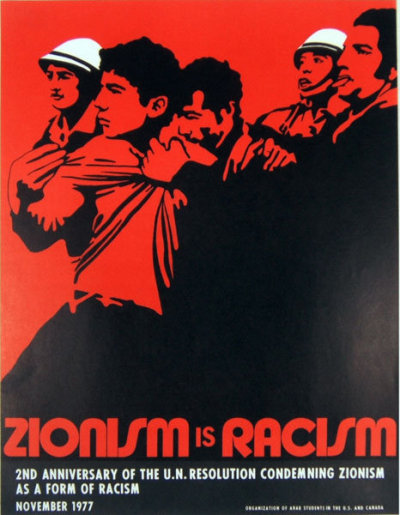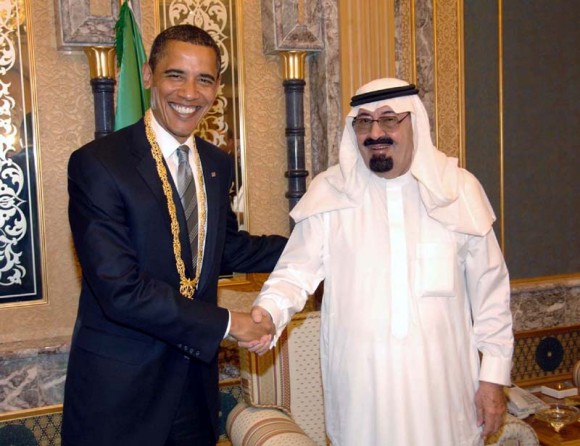
"We are 20 per cent of the population, we are suffering discrimination," Tibi told Solomon.
"That democracy of Israel is a selective democracy, ethnic democracy. Canada
is a democracy and people are equal without relation to their ethnic
background. Here, there's a problem with that," he said.
Tibi is a deputy speaker of Knesset and leader of the Arab Movement for Change, or Ta'al.
Canada's foreign policy toward Israel is "biased, non-balanced,
and that's why Canada has a very marginal role in the Middle East,"
Tibi said.
He and colleague Abu Arar walked out, Tibi said, "to say that
we are very much unsatisfied with the remarks and the policy of Prime
Minister Harper. It is very diplomatic. It's a protest which is
legitimate in any parliament."
Read more
Video (Arabic) Tibi to Harper: "You are a Likudnic. You're place is on Likud's benchs"






 The New York Post tabloid is notorious for its virulent anti-Palestinian editorializing.
The New York Post tabloid is notorious for its virulent anti-Palestinian editorializing.







































 The AQI incursion began in Ramadi, where Prime Minister Maliki
The AQI incursion began in Ramadi, where Prime Minister Maliki
